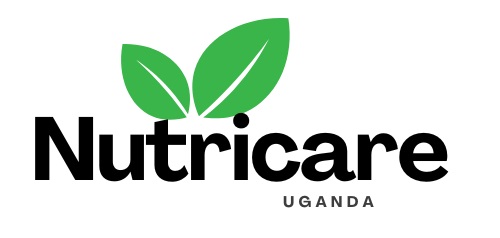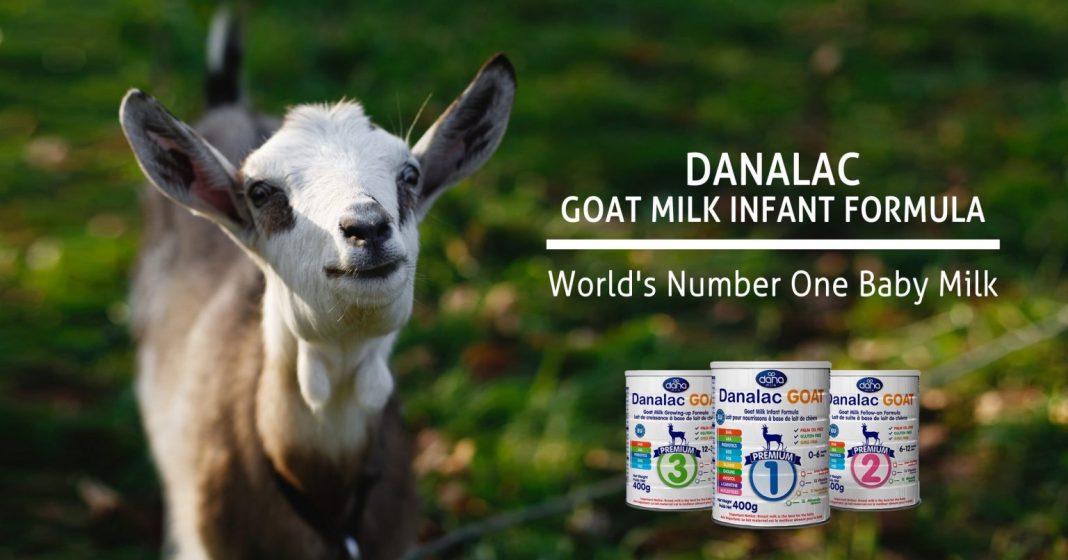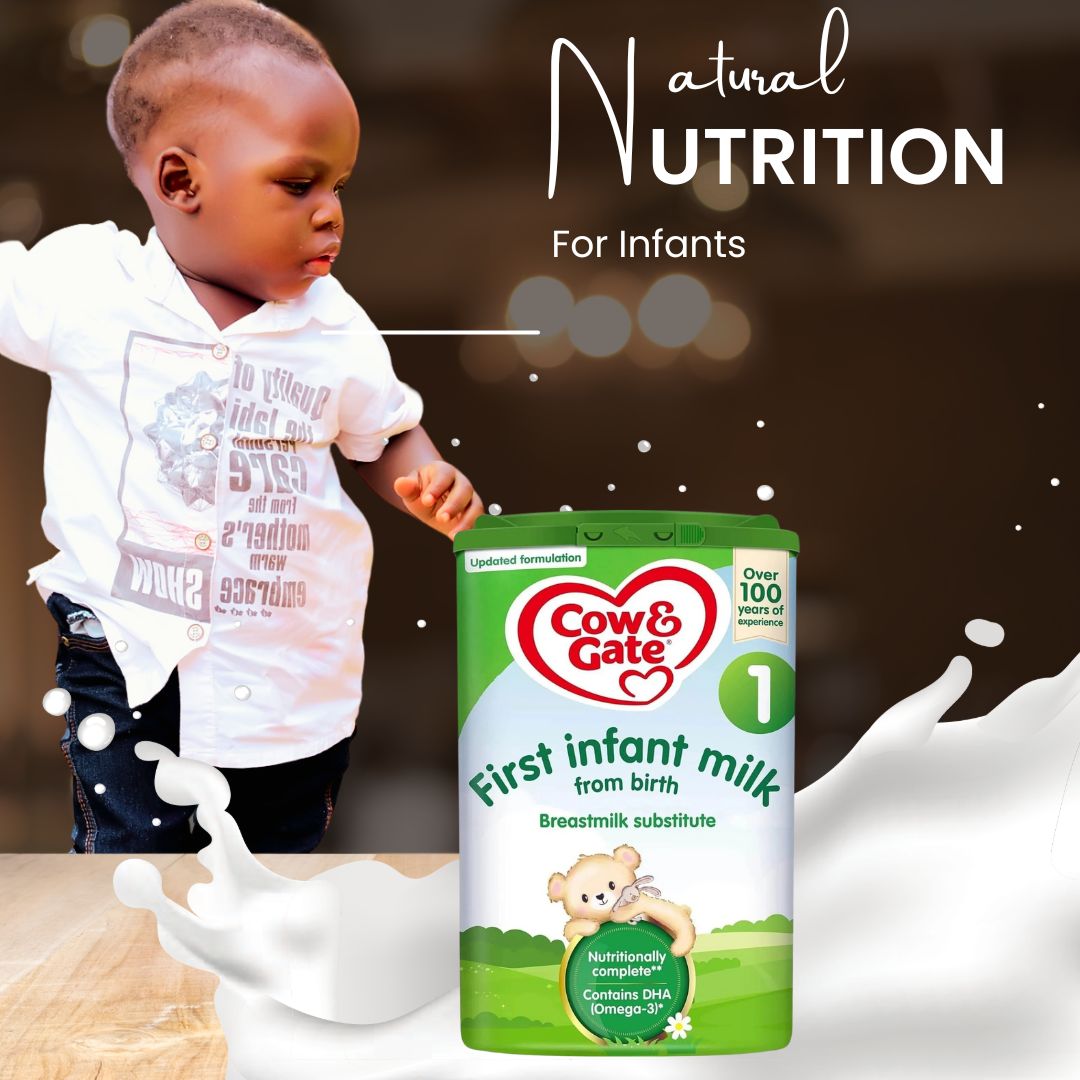Understanding goat milk formula for infants

Key points about goat milk formula:
-
Gentle on Digestion:Goat milk proteins are smaller and tend to form softer curds, making them easier to digest than cow milk proteins.
-
Nutritionally Complete:Goat milk formula is designed to provide all the essential nutrients a baby needs, including vitamins, minerals, and fatty acids.
-
Suitable for Sensitive Tummies:It can be a good option for babies who experience fussiness, gas, or other digestive issues related to cow milk sensitivity.
-
Prebiotic Support:Some goat milk formulas contain prebiotics, which can support a healthy gut microbiome.
-
Similar to Breast Milk:Goat milk-based formulas are often considered to be naturally closer to breast milk in terms of protein composition and oligosaccharides.
-
Considerations:While generally safe and beneficial, it’s important to consult with a pediatrician or other healthcare professional before switching to goat milk formula.
Goat Milk Formula For Infants available in Uganda
-
- .
- Danalac Goat infant Formula : A well-known brand that offers goat milk formula for infants for infants 0-6months.

Goat Milk Formula For Infants - Danalac Goat Follow-on : Goat Milk Stage 2 Follow-on Formula is specifically designed for infants from 6 months to one year.
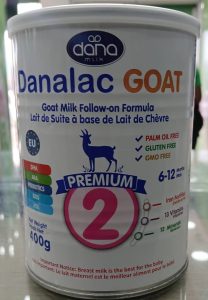
Goat Milk Formula For Infants
- Danalac Goat Growing Up Milk. Goat Milk Stage 3Growing Up Milk Formula is specifically designed for infants from 1-3 years.
-

Goat Milk Formula For Infants
- Kari care: Another brand offering goat milk formula with a focus on gentleness and natural ingredients.
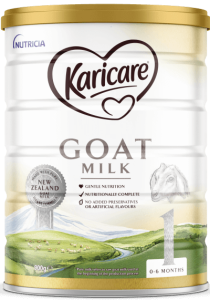
Goat Milk Formula For Infants - When to Consider Goat Milk Formula:
- Cow Milk Sensitivity: If your baby is experiencing reactions to cow milk-based formula.
- Digestive Issues: If your baby has difficulty digesting cow milk or experiences gas, fussiness, or reflux.
- Seeking a More Natural Option: Some parents prefer goat milk formula due to its natural composition and gentler digestion.
What is Goat Milk Formula?
Goat milk formula is a type of infant formula that utilizes processed goat’s milk as its base ingredient. It is designed to provide essential nutrients for infants, mimicking the nutritional profile of human breast milk as closely as possible while offering a number of distinct advantages.
1. Easier Digestion
One of the primary benefits of goat milk formula is its digestibility. Goat’s milk contains a different protein structure compared to cow’s milk. Specifically, it has smaller fat globules and a different casein-to-whey protein ratio, which tends to be gentler on an infant’s digestive system.
Many parents report fewer instances of gas, colic, and constipation in infants consuming goat milk formula compared to traditional cow’s milk formulas. This makes it an excellent alternative for babies who may have sensitive stomachs or mild lactose intolerance.
2. Nutritional Profile
Goat milk formula is rich in essential vitamins and minerals, offering crucial nutrients necessary for an infant’s growth and development. Some notable nutritional benefits include:
-
- Calcium: Vital for strong bone development.
-
- Vitamin A: Important for immune function and vision.
-
- Vitamin B6: Supports brain development and function.
-
- Potassium: Aids in maintaining healthy blood pressure levels.
-
- Fatty Acids: Essential for brain development and healthy growth.
This diverse profile can help ensure that your infant receives a well-rounded diet when supplemented with goat milk formula.
3. Lower Allergenic Potential
For some infants, cow’s milk can trigger allergic reactions leading to discomfort and digestive issues. Goat milk has a lower allergenic potential because it contains less of the allergenic protein alpha-S1-casein. Many parents find that infants with cow’s milk allergies can tolerate goat milk formula without issues.
However, if there is a family history of severe allergies or if your infant has been diagnosed with a milk protein allergy, consult a pediatrician before making any changes to their diet.
4. Prebiotics for Gut Health
Many goat milk formulas are enriched with prebiotics, which are natural fibers that promote the growth of beneficial bacteria in the gut. A healthy gut microbiome is crucial for digestion, immune function, and overall health. The inclusion of prebiotics in goat milk formula helps support digestive health, which can be particularly beneficial for infants transitioning from breast milk to formula.
5. Taste and Acceptance
One lesser-known benefit of goat milk formula is its taste. Goat milk has a naturally sweeter and creamier flavor profile than cow’s milk, which some babies may find more appealing. This can simplify the transition from breast milk or other formulas, reducing the likelihood of refusal or rejection from your infant.
6. Environmental Considerations
From an environmental perspective, goat farming typically requires less land and water compared to raising cows. Goats are also generally hardier animals that can thrive in a variety of conditions, leading to more sustainable farming practices. For parents concerned about the environmental impact of their food choices, choosing goat milk formula can align with values of sustainability and ethical sourcing.
7. Variety of Formulations
Modern goat milk formulas come in various formulations to meet the specific needs of infants, including:
-
- Whole Goat Milk Formula: Suitable for most infants transitioning from breast milk or cow’s milk.
-
- Hydrolyzed Goat Milk Formula: Designed for infants with allergies or intolerances, this formulation contains proteins that are pre-digested for easier absorption.
-
- Organic Options: Many brands offer organic goat milk formula that is free from antibiotics, hormones, and artificial additives, providing peace of mind to health-conscious parents.
-
Comparing goat milk to Cow milk
-
Goat milk and cow milk offer distinct nutritional profiles. Goat milk generally boasts higher levels of calcium, vitamin A and potassium as well as a simpler fat structure that may be easier to digest.Cow milk on the other hand is richer in B12 and folate and contains more protein.
Nutritional Differences
- Goat milk: Higher in calcium, vitamin A, potassium, and certain essential fatty acids (medium chain triglycerides). It also has a unique flavor profile, described as slightly sweet with a subtle tanginess.
- Cow milk: Higher in vitamin B12, folate, and protein.
Digestion:-
Goat milk:May be easier to digest due to its lower lactose content and simpler fat structure, which is more easily broken down by digestive enzymes.
-
Cow milk:Can be more difficult to digest for some individuals, especially those with lactose intolerance or sensitivities to cow milk proteins.
Taste:-
Goat milk:Known for its unique flavor, often described as slightly sweet, with a subtle tanginess and a smooth, creamy mouthfeel.
-
Cow milk:More familiar and widely available, with a neutral taste that is palatable to most.
Other Considerations:- Allergies: While less common than cow milk allergies, some individuals may be allergic to goat milk proteins.
- Price: Cow milk is generally more affordable than goat milk.
- Processing: Both goat and cow milk can be processed in various ways, including pasteurization and homogenization, which can affect their taste and nutritional value.
-
Additionally, the casein protein components of goat milk are also more similar to human milk casein. Goat milk casein contains more beta casein, which is found in human milk, and it contains less A1 beta-casein which is abundant in cow milk. A1 beta-casein produces firmer, harder curds when it is being digested making it more difficult to digest. Goat milk, by contrast, with less A1 beta-casein, produces softer, looser, and more easily digestible curds. These key differences may result in fewer gastrointestinal discomfort symptoms in goat milk-based infant formula compared to cow milk-based products.20,21 This may explain why goat-milk based infant formula is reported to be better tolerated than cow-milk based infant formula.
Myths on Goat milk in infants
In Summary:
Characteristic
Goat milk
Cow milk
Mineral Content
Higher in calcium, vitamin A, potassium, and certain essential fatty acids (medium chain triglycerides
Higher in vitamin B12, folate, and protein
Taste
It has a unique flavor profile, described as slightly sweet with a subtle tanginess
More familiar and widely available, with a neutral taste that is palatable to most
Digestion
It is easier to digest due to its lower lactose content and simpler fat structure, which is more easily broken down by digestive enzymes.
It is more difficult to digest for some individuals, especially those with lactose intolerance or sensitivities to cow milk proteins.
Allergies
The prevalence of goat milk allergies is low
More individuals are allergic to cow milk proteins.
Intolerances
Low prevalence of goat milk intolerance
High prevalence of cow milk intolerance
Price
It is expensive
It is affordable
Casein protein type
It contains more beta casein similar to the one found in human milk and it contains less A1 beta-casein which is hard to digest leading to softer stool
Contains more alpha casein and less A1 beta-casein producing firmer, harder curds when it is being digested making it more difficult to digest
Bottom line: Both goat and cow milk can be processed in various ways, including pasteurization and homogenization into infant formula to mimic breastmilk, which can affect their taste and nutritional value and offer nutritional benefits and cater for different preferences. Goat milk may be a better choice for those with digestive sensitivities, while cow milk provides a more affordable and readily available source of protein and vitamins. Ultimately, the best choice depends on individual needs and preferences.
- Goat milk: Higher in calcium, vitamin A, potassium, and certain essential fatty acids (medium chain triglycerides). It also has a unique flavor profile, described as slightly sweet with a subtle tanginess.
8. Consult with Your Pediatrician
While goat milk formula offers numerous benefits, it is essential to consult with your pediatrician before making any changes to your infant’s diet. Each baby is unique, and your healthcare provider can help you determine the best formula option based on your baby’s specific health needs.
Conclusion
In conclusion, goat milk formula presents an excellent alternative for parents seeking a gentle, nutritious option for their infants. Its digestibility, nutritional profile, lower allergenic potential, and additional health benefits make it a compelling choice for many families. As always, it’s crucial to consult with a healthcare professional to ensure your infant receives optimal nutrition tailored to their individual needs.
